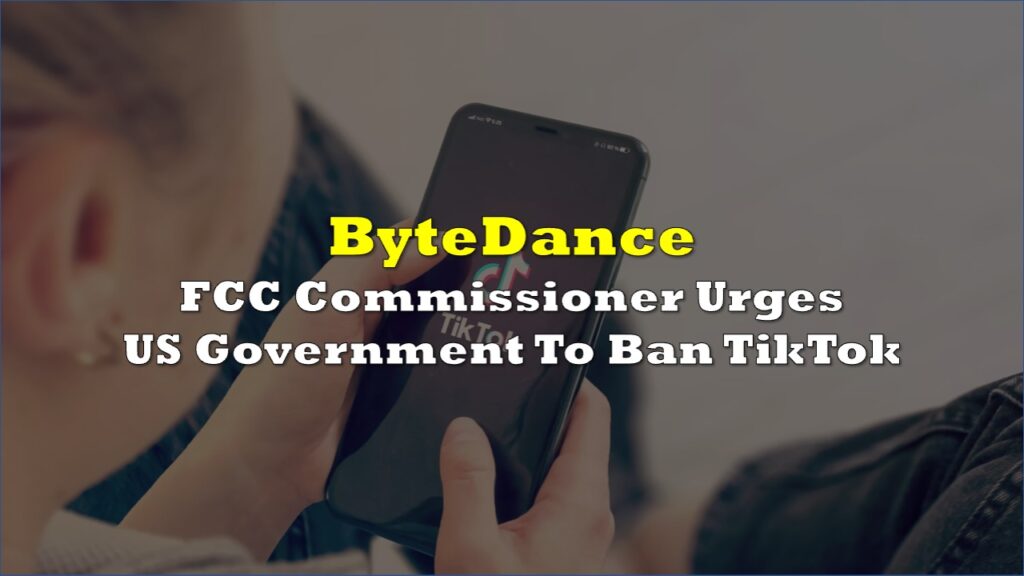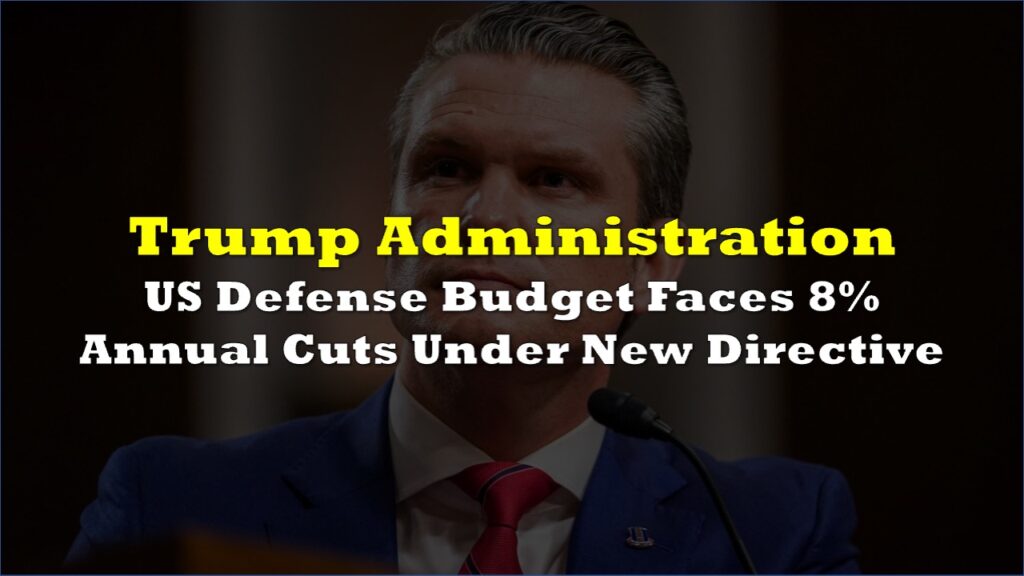The U.S. Department of Defense (DoD) Inspector General’s office has released a report revealing significant gaps and challenges in tracking federal funds provided to Chinese research laboratories and other foreign entities for research involving pathogens with pandemic potential.
The report, prompted by Section 252 of the National Defense Authorization Act (NDAA) for Fiscal Year 2024, mandates an audit to identify and report DoD funds awarded to Chinese entities for research activities over the past decade. The report underscores several crucial points, including that the DoD’s systems lack comprehensive data tracking, making it difficult to determine the full extent of funds allocated to Chinese research labs or other foreign countries for pathogen research.
“Due to limitations in the DoD’s tracking systems, the full extent of DoD funds provided to Chinese research laboratories for research related to enhancement of pathogens of pandemic potential is unknown,” the report states.
You were paying China to 'enhance' pathogens with pandemic potential….but you don't know by how much? How about we start with "Why in the FUCK would you do that at all?".
— Steve S (@DangrMous) June 20, 2024
In its report, the office of the Inspector General outlined the programs in which DoD funds were sent to China or other foreign countries:
- The Army reported 12 Congressionally Directed Medical Research Programs (CDMRP) grant awards, where a portion of the funds was directed to Chinese entities for pathogen research. “For seven awards, a prime awardee provided funds to a subawardee or contracting research organization in China or other foreign countries for research related to potential enhancement of pathogens of pandemic potential,” the report explained. “In addition, the Army identified five awards for $9.9 million to prime awardees that subawarded costs or contracted for services with Chinese entities for research activities unrelated to the enhancement of pathogens.
- The Defense Threat Reduction Agency identified $46.7 million in projects awarded to EcoHealth Alliance, Inc. either as a prime awardee or a subawardee. None of these funds were allocated to China for pathogen enhancement research. EcoHealth Alliance is a New York-based non-profit organization led by British-American zoologist and disease ecologist Dr. Peter Daszak focused on research and response to emerging infectious diseases, particularly those originating from wildlife-human interactions.
Beyond this, the office “did not identify any other contracts or grants for research related to pathogen
research and enhancement of pathogens listed in section 252 of the FY 2024 NDAA.”
“However, we did encounter significant challenges in searching for awards related to section 252 of the
FY 2024 NDAA reporting requirement due to limitations in the DoD’s systems used to track contracts and grants,” the report said. “Therefore, the full extent of DoD funds provided to Chinese research laboratories or other foreign countries for research related to enhancement of pathogens of
pandemic potential is unknown.”
Significant constraints in data accessibility and the comprehensiveness of the DoD’s information systems were highlighted. The report notes, “The limited time frame prescribed by Congress also restricted the procedures we performed,” indicating that more detailed tracking and longer-term reviews might be necessary for thorough oversight.
The report concludes with a call for enhanced systems and processes to ensure better tracking and visibility of research funding. “We found significant limitations with the adequacy of data, similar to the observations the GAO found in its reports. Specifically, the DoD did not track funding at the level of detail necessary to determine whether the DoD provided funding to Chinese research laboratories or other foreign countries for research related to enhancement of pathogens of pandemic potential.”
The release of this report may have significant legal implications. Lawmakers are likely to scrutinize the findings closely, potentially leading to hearings and further investigations into the DoD’s funding practices. There may be calls for stricter regulatory measures and transparency requirements to prevent similar oversights in the future.
Any misallocation or misuse of funds identified could result in substantial legal actions, including lawsuits and policy reforms aimed at tightening the controls over federal research funding, especially concerning international collaborations involving high-risk pathogens.
Information for this story was found via the sources mentioned. The author has no securities or affiliations related to the organizations discussed. Not a recommendation to buy or sell. Always do additional research and consult a professional before purchasing a security. The author holds no licenses.









